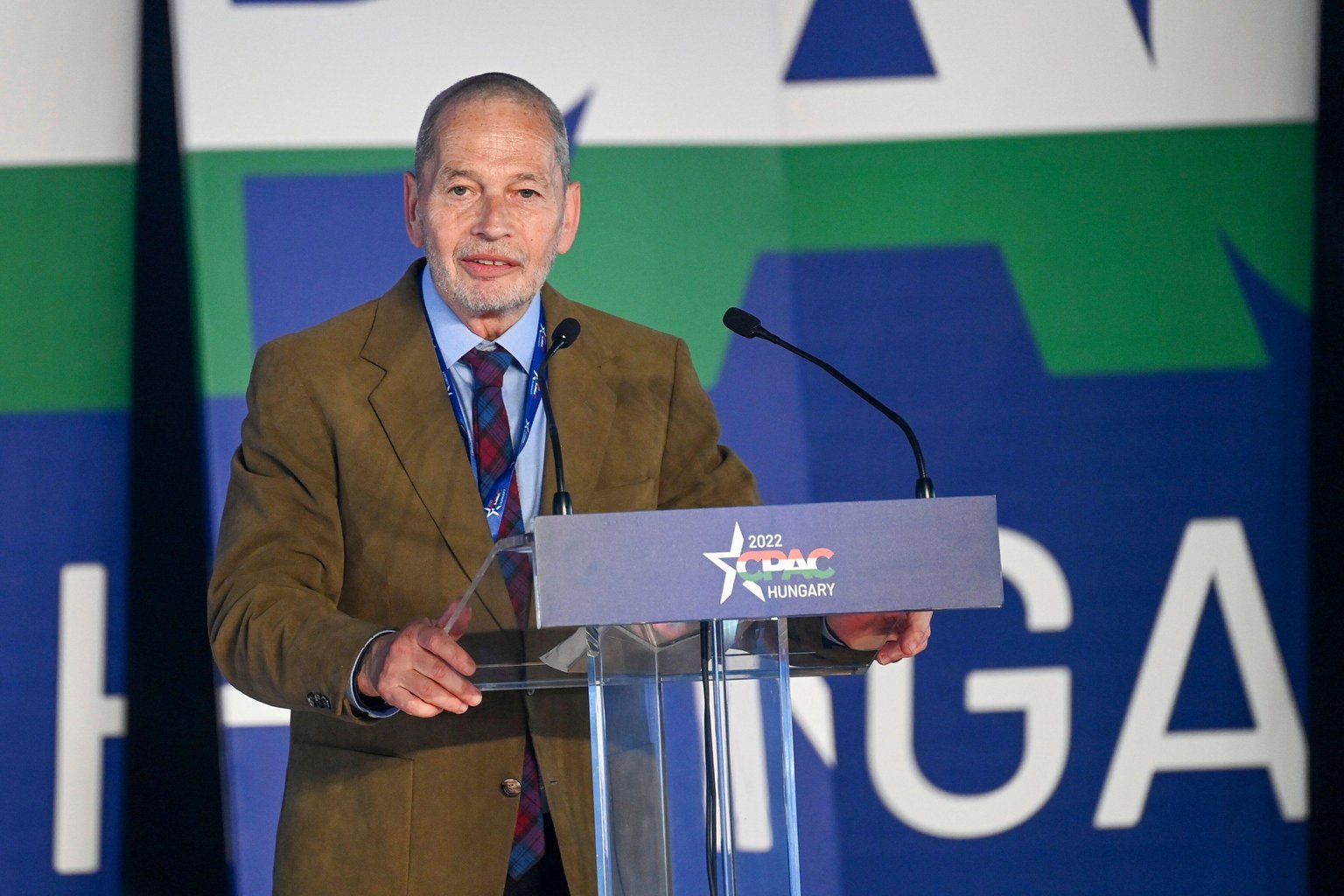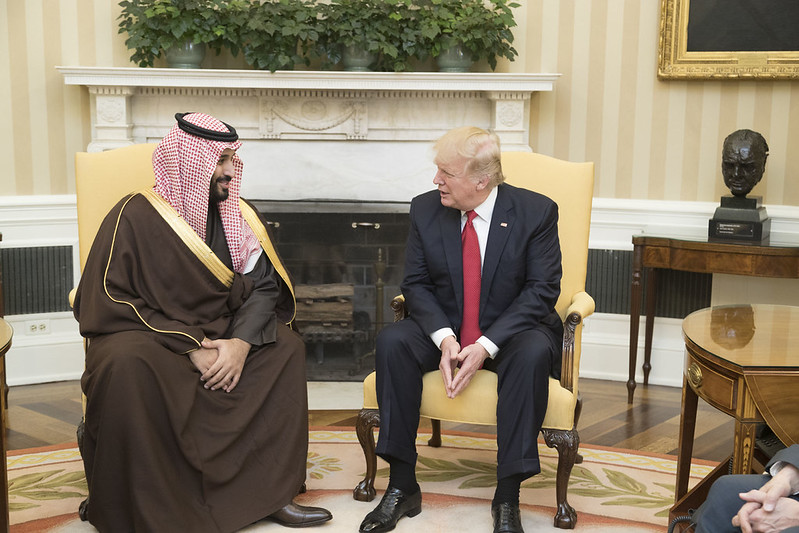Coming on the heels of Russia’s enactment of a “gay propaganda” law, the European Union’s decision to adopt guidelines to protect the rights of lebian, gay, bisexual, transgender and intersex persons in foreign relations on Monday is welcome. Sean Gallagher writes
The EU’s foreign affairs council has adopted guidelines to provide officials of EU institutions and member states with guidance to be used in contacts with non-EU states and with international and civil society groups. The guidelines urge a case-by-case approach to protect the human rights of LGBTI individuals.
“The EU is gravely concerned that sexual orientation and gender identity continue to be used to justify serious human rights violations around the world”, the introduction to the guidelines reads.
The guidelines call on the EU to focus its efforts around decriminalisation, promoting equality and combating LGBTI-phobic violence. The guidelines lay out the steps the EU must take to implement, monitor and report on the guidelines, as well as actions EU representatives should take — from public statements to prison visits and working with civil society organisations.
The move comes as the EU’s neighbour are increasingly cracking down on gay rights. LGBTI people have been officially silenced in Russia. In Ukraine, where marchers in the country’s recent first gay pride march were viciously attacked.





